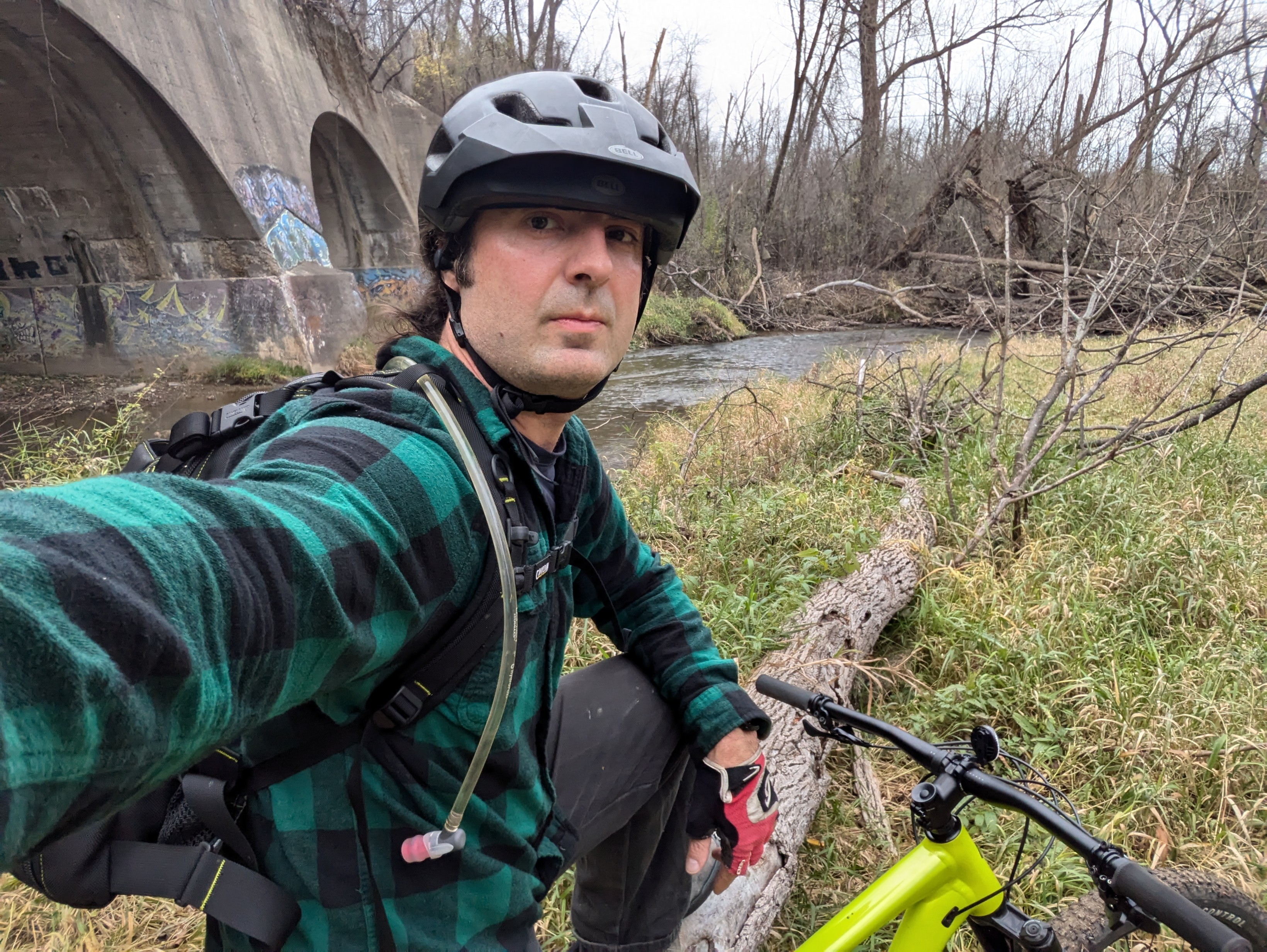Feel free to be economic with the truth by using aliases for organizations and products wherever it protects your privacy or your contracts. I’m mainly interested to hear about your unique experience.
Example follow-up questions: What was most rewarding, what was not? What was not a great use of your time but maybe still a learning experience? What were you interested when you were younger (for hobbies or otherwise) that may have helped guide you?


My career path has been pretty straightforward. I went to a state science and engineering university with a starting major in physics but switched to electrical engineering after two years. While there I had a few student jobs at the various campus labs, helping with research projects and doing some simple programming.
After I graduated I got a job at a small nearby observatory where several friends worked. I started by operating and maintaining the telescopes then did some software work to expand our capabilities.
Once my partner graduated, I found a job in the nearby city at a small engineering firm that mostly did subcontracted work for the big defense companies. I split my time there between electrical engineering and embedded software development.
After several years there, I realized that there was no real path forward due to living in one of the big square states so I started looking and found a job with an established Bay Area company through a friend. Since then I’ve worked at a few different companies, from tiny startups to the FAANGS. I’ve generally moved up every couple years and now manage a large team at a mid sized startup. Like most engineers, I’ll probably never be really rich, but always comfortably employed.
There are three things that really helped my career.
College - I know, it’s expensive and such. But even so, it is so worth it. Sure if you get a degree in underwater basket weaving at an expensive private university or it’s probably a financial waste, but STEM degrees are an excellent investment. It’s not just the paper, but the experience, contacts and friends that come from a traditional on-campus in-person university.
Friends - The majority of my jobs, and in particular the ones I’ve needed and enjoyed the most came from friends and colleagues. Make those connections, be a good friend, and good things will happen.
Hobby programming - I started writing code in elementary school in BASIC. Later in college I would experiment with small programs to scratch an itch, learning C++ and Python from books on my own. Those experiences were vital in my ability to learn how to tackle new problems and learn how to execute when I had to.
Bonus point 4) Reading “Getting Things Done” by David Allen. Seriously, learn to plan and execute. Don’t be a flakey “ideas person”, get shit done.
Other thing about an engineering degree is, if it’s a good school, it’ll teach you as much about how to go about figuring things out as the specific topics themselves. Not even field-specific technical stuff, but “Here’s my goals, how do I figure how to get to them?” or “I don’t understand this; what is my strategy for acquiring more information about it?”